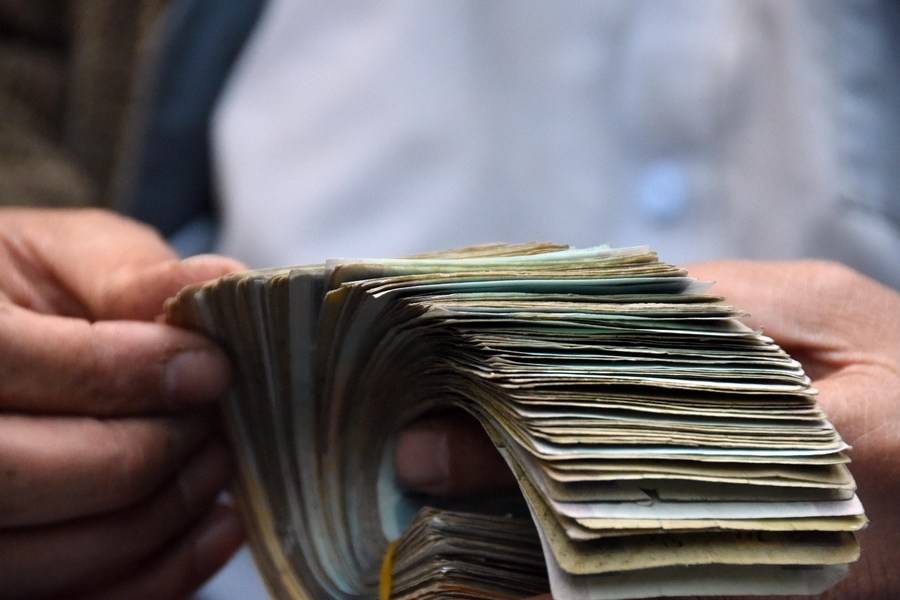Globally, Asian stocks slipped on Tuesday as the spread of the Omicron variant rattled the investors, who were already on the edge ….reports Asian Lite News
India’s key equity indices — S&P BSE Sensex and NSE Nifty50 — fell for the third consecutive session on Tuesday due to global concerns over Covid-19’s Omicron variant, as well as FII outflows.
Notably, the FIIs sold stocks worth Rs 763.18 crore on the BSE, the NSE and the MSEI in the capital market segment.
Initially, the two indices opened gap down in line with other Asian peers and soon began to rise but faced profit taking.
Globally, Asian stocks slipped on Tuesday as the spread of the Omicron variant rattled the investors, who were already on the edge ahead of a slew of central bank decisions this week.

However, European shares rose on Tuesday but soon gave up the gains on Omicron concerns.
On the domestic front, higher WPI inflation subdued sentiments. Sector-wise, power, oil and gas and capital goods indices rose the most, whereas telecom, FMCG and auto indices fell the most.
ALSO READ: B’desh mulls boosters amid Omicron threat
Consequently, the S&P BSE Sensex closed at 58,117.09 points, down 0.29 per cent from its previous close.
The broader 50-scrip Nifty at the National Stock Exchange (NSE) ended the day’s trade at 17,324.90 points, down 0.25 per cent from its previous close.

“Nifty has formed a near doji pattern after a fall, suggesting that the near term weakness in the markets may be coming close to an end,” said Deepak Jasani, Head of Retail Research, HDFC Securities.
“The next resistance for Nifty could be 17,484, while 17,226 could be a crucial support below which downmove can accelerate,” he added.
According to Siddhartha Khemka, Head of Retail Research, Motilal Oswal Financial Services: “Global markets continued to remain mixed as investors remain cautious about the economic risks posed by potentially reduced central bank support and the Omicron variant.
“The US Federal Reserve is scheduled to announce its latest interest-rate decision on Wednesday, followed by the European Central Bank (ECB) and the Bank of England on Thursday.”














